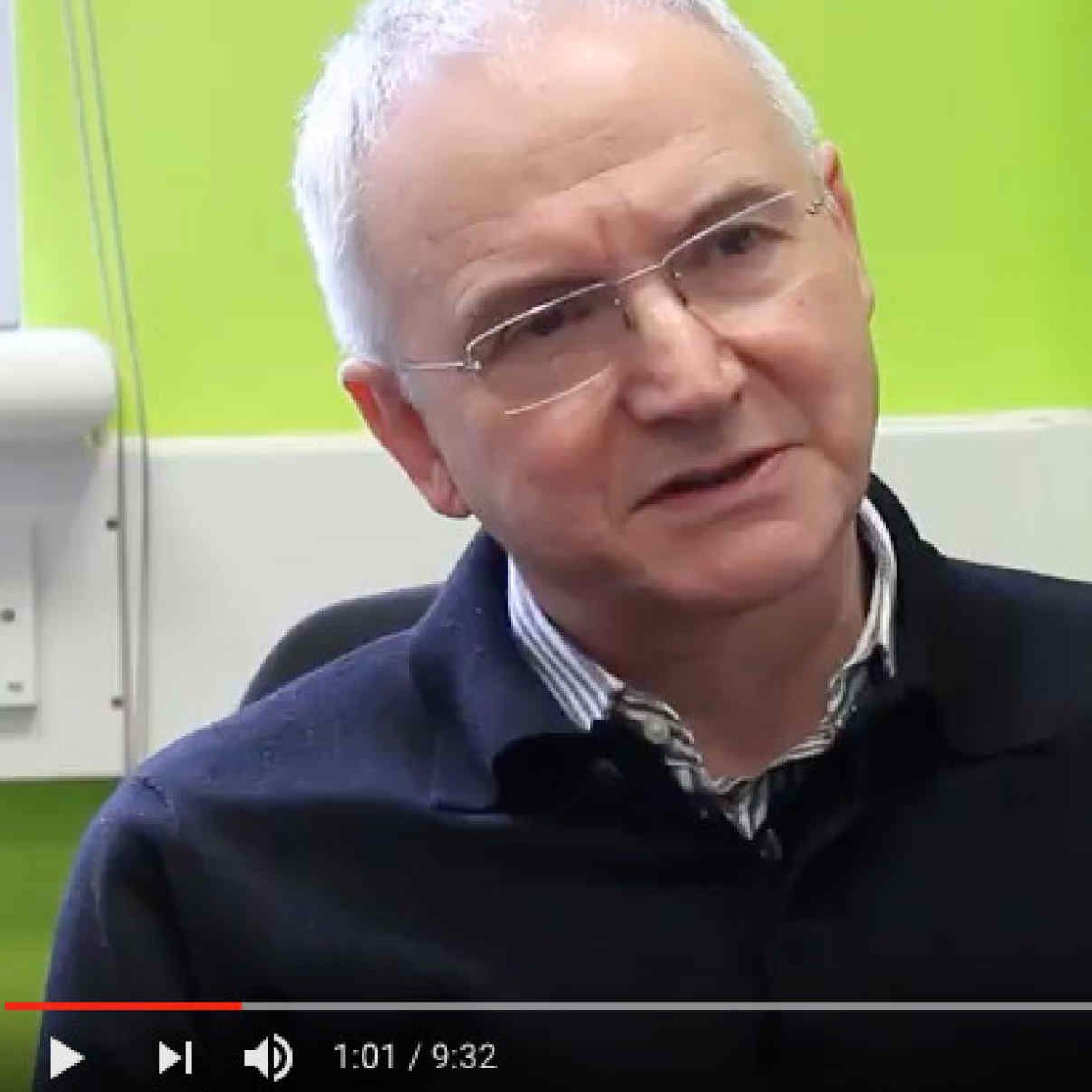BibTex format
@article{Ascough:2019:10.1164/rccm.201810-1921OC,
author = {Ascough, S and Vlachantoni, I and Kalyan, M and Haijema, B-J and Wallin-Weber, S and Dijkstra-Tiekstra, M and Ahmed, MS and van, Roosmalen M and Grimaldi, R and Zhang, Q and Leenhouts, K and Openshaw, PJ and Chiu, C},
doi = {10.1164/rccm.201810-1921OC},
journal = {American Journal of Respiratory and Critical Care Medicine},
pages = {481--492},
title = {Local and systemic immunity against RSV induced by a novel intranasal vaccine: A randomised, double- blind, placebo-controlled trial},
url = {http://dx.doi.org/10.1164/rccm.201810-1921OC},
volume = {200},
year = {2019}
}
RIS format (EndNote, RefMan)
TY - JOUR
AB - RATIONALE: Needle-free intranasal vaccines offer major potential advantages, especially against pathogens entering via mucosal surfaces. As yet, there is no effective vaccine against respiratory syncytial virus (RSV), a ubiquitous pathogen of global importance that preferentially infects respiratory epithelial cells; new strategies are urgently required. OBJECTIVES: Here, we report the safety and immunogenicity of a novel mucosal RSV F protein vaccine linked to an immunostimulatory bacterium-like particle (BLP). METHODS: In this phase I, randomised, double-blind placebo-controlled trial, 48 healthy volunteers aged 18-49 years were randomly assigned to receive placebo or SynGEM (low- or high-dose) intranasally by prime-boost administration. The primary outcome was safety and tolerability, with secondary objectives assessing virus-specific immunogenicity. MEASUREMENTS AND MAIN RESULTS: There were no significant differences in adverse events between placebo and vaccinated groups. SynGEM induced systemic plasmablast responses and significant, durable increases in RSV-specific serum antibody in healthy seropositive adults. Volunteers given low-dose SynGEM (140 µg F, 2mg BLP) required a boost at day 28 to achieve plateau responses with a maximum fold-change of 2.4, whereas high-dose recipients (350 µg F, 5mg BLP) achieved plateau responses with a fold-change of 1.5 after first vaccination that remained elevated up to 180 days post-vaccination irrespective of further boosting. Palivizumab-like antibodies were consistently induced, but F protein site Ø-specific antibodies were not detected and virus-specific nasal IgA responses were heterogeneous, with strongest responses in individuals with lower pre-existing antibody levels. CONCLUSIONS: SynGEM is thus the first non-replicating intranasal RSV subunit vaccine to induce persistent antibody responses in human volunteers. Clinical trial registration available at www.clinicaltrials.gov, ID NCT02958540.
AU - Ascough,S
AU - Vlachantoni,I
AU - Kalyan,M
AU - Haijema,B-J
AU - Wallin-Weber,S
AU - Dijkstra-Tiekstra,M
AU - Ahmed,MS
AU - van,Roosmalen M
AU - Grimaldi,R
AU - Zhang,Q
AU - Leenhouts,K
AU - Openshaw,PJ
AU - Chiu,C
DO - 10.1164/rccm.201810-1921OC
EP - 492
PY - 2019///
SN - 1073-449X
SP - 481
TI - Local and systemic immunity against RSV induced by a novel intranasal vaccine: A randomised, double- blind, placebo-controlled trial
T2 - American Journal of Respiratory and Critical Care Medicine
UR - http://dx.doi.org/10.1164/rccm.201810-1921OC
UR - https://www.ncbi.nlm.nih.gov/pubmed/30753101
UR - https://www.atsjournals.org/doi/10.1164/rccm.201810-1921OC
UR - http://hdl.handle.net/10044/1/67135
VL - 200
ER -
